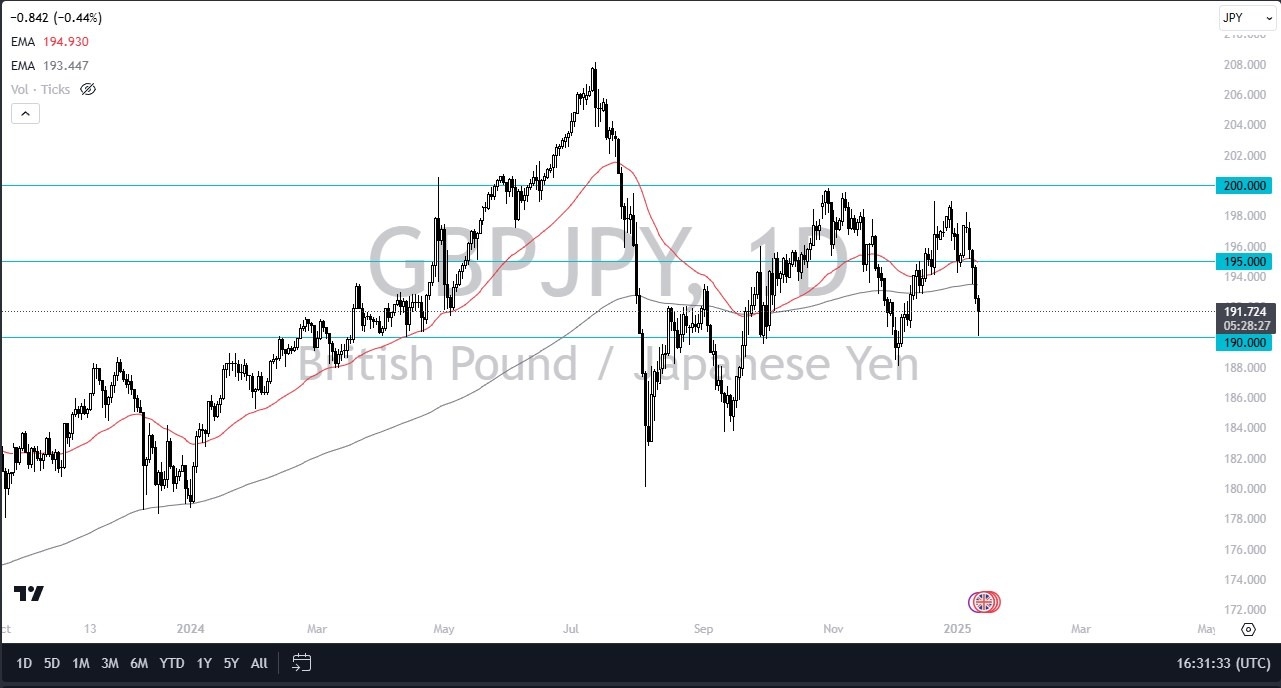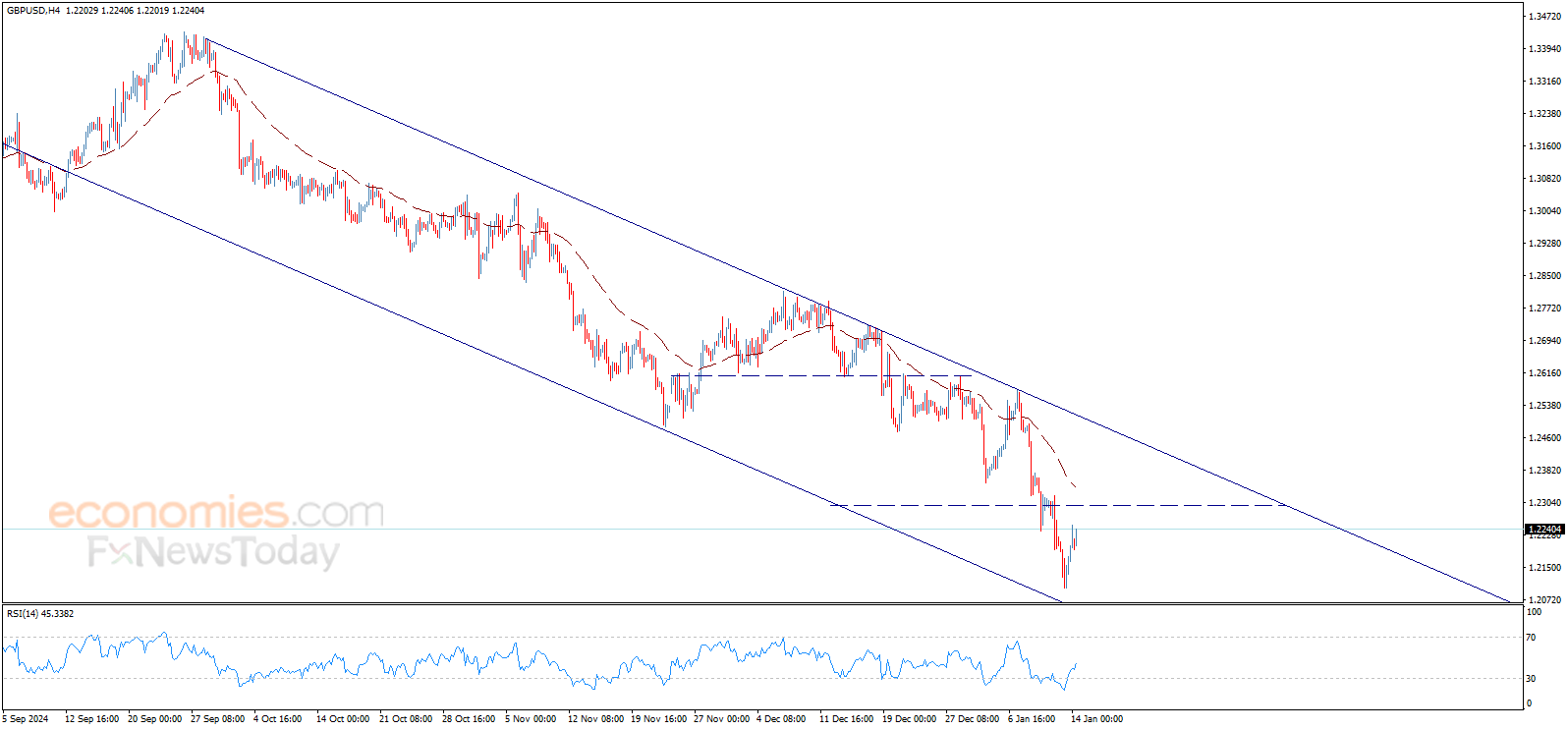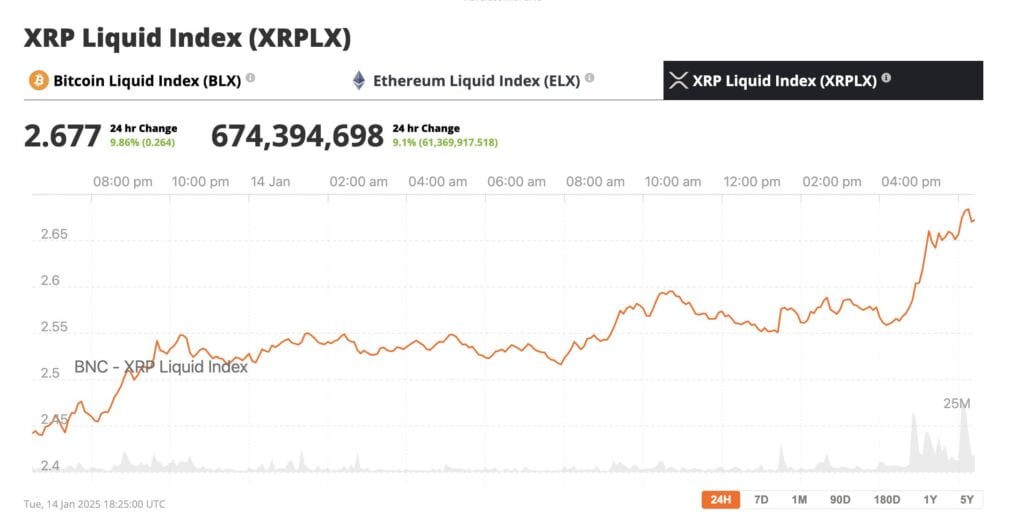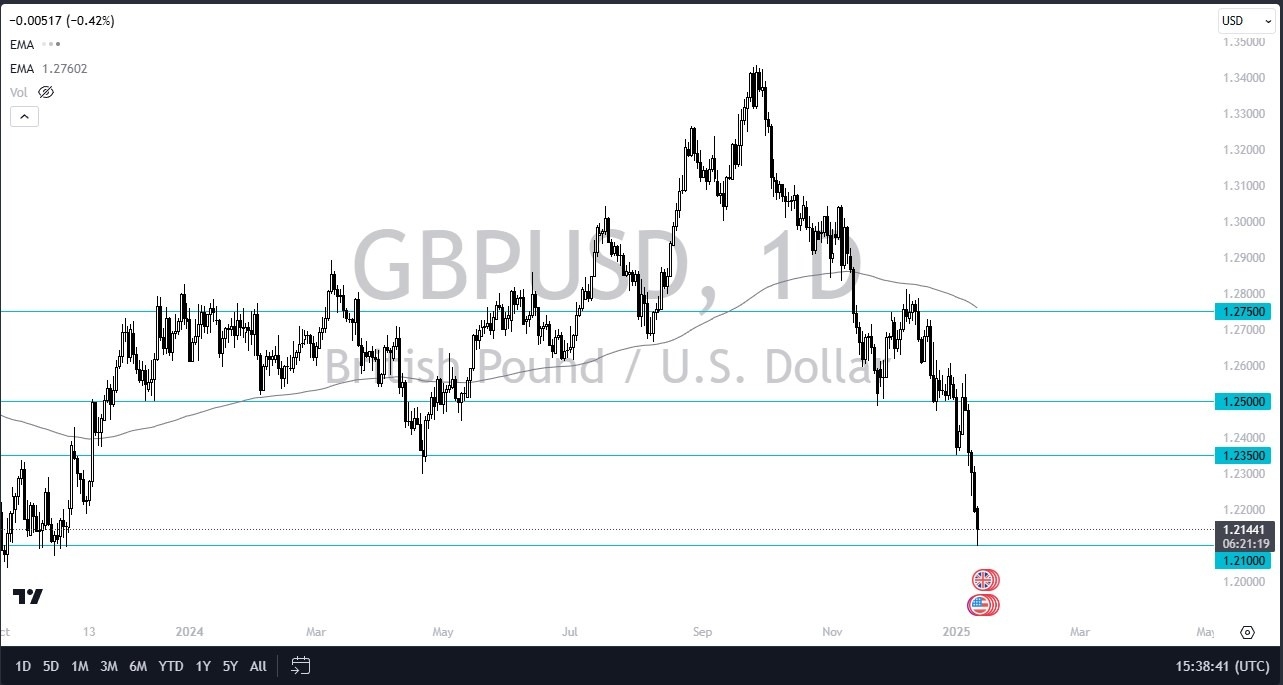Category: Forex News
Major Ethereum upgrade Dencun goes live — but there are more steps – DL News
- The Duncan upgrade is live.
- The upgrade is expected to speed up the blockchain and lower rollup fees.
Ethereum’s long-awaited “Dencun” upgrade went live Wednesday, setting the stage for a dramatic drop in the cost of using rollups like Arbitrum, Optimism, and Starknet.
Hours before the upgrade, sending Ether cost between $0.15 and $0.70 on leading rollups, according to l2fees.info, a website that tracks the cost of using the Ethereum-based blockchains.
Over time, that cost could plunge tenfold due to Dencun, though rollups must make accompanying upgrades for users to enjoy the full benefits of the upgrade. Developers behind Arbitrum and Optimism, the two largest rollups, will upgrade their blockchains to account for Dencun on Thursday.
The upgrade is a major advance for Ethereum, which has long been considered prohibitively slow and expensive given its proponents’ hope it will one day serve as a “world computer,” the foundational layer for a new suite of crypto-based financial applications, social networks, and more.
Stay ahead of the game with our weekly newsletters
“We’ve been working on this thing for nine years — scaling Ethereum. And we’ve obviously not been able to keep up with demand,” Optimism co-founder Karl Floersch told DL News.
“We’re kind of leaving a phase, which is the scalability research phase,” he continued. “And now we’re entering the scaling engineering phase.”
Ethereum fees, also known as gas, fluctuate based on demand.
As the blockchain became popular, using Ethereum itself became expensive — on Wednesday, it cost almost $2 to send Ether from one wallet to another and more than $19 to swap tokens on decentralised exchanges.
Join the community to get our latest stories and updates
Congestion led to the rise of separate blockchains known as rollups, or Layer 2s, which batch and compress transactions before appending them to Ethereum. This makes it possible to use Ethereum while dodging its notoriously high transaction fees.
There are now more than 40 rollups on Ethereum, according to L2BEAT, with at least 35 more in development. Over the past year, they have handled almost twice as many transactions as Ethereum itself, according to data collected by Jack Gorman, a data scientist at venture capital firm Variant Fund.
Wary of the tradeoffs that come with making Ethereum itself faster or cheaper, the distributed group of developers that plot Ethereum’s future have committed to a rollup-centric design.
Dencun reflects that commitment, according to Floersch. At first, rollups were “tacked on” to Ethereum — an afterthought.
With Dencun, Ethereum is “actually being rearchitected so that now it can serve as a really solid foundation for scaling up Layer 2s,” he said.
Dencun lowers rollup fees by introducing “blobs,” or larger data packets, allowing the network to handle and store information attached to transactions more efficiently. It had no effect on the cost of using Ethereum itself, however.
Floersch believes reduced fees on rollups will make Ethereum far more popular over the coming months and years.
“Reducing fees is underrated,” he said. In addition to making Ethereum more affordable for users, lower fees makes it easier for Ethereum-based applications to pay for transactions on users’ behalf, “which means that you can then create a kind of gas-less experience.”
Lower fees can also encourage applications that were once prohibitively expensive, such as onchain order book exchanges, crypto-based video games, Roberto Bayardo, a software engineer at Base, previously told DL News.
The cost of using rollups will still vary with demand. If enough people use rollups in the future, gas could cost as much as it did pre-Dencun, Floersch said — or more.
But Dencun is just the beginning of Ethereum’s “Surge” phase as specified by a network roadmap from founder Vitalik Buterin. The end goal during this phase is to hit 100,000 transactions per second.
“We’re at the beginning of the new phase,” Floersch said.
“And it’ll take time for us to get there,” he continued. “But because we’ve made that leap … it’s a lot more credible that we’ll be able to scale up with demand.”
Aleks Gilbert is DL News’ New York-based DeFi correspondent. You can contact him at aleks@dlnews.com.
Source link
Written by : Editorial team of BIPNs
Main team of content of bipns.com. Any type of content should be approved by us.
Share this article:

:quality(70)/cloudfront-eu-central-1.images.arcpublishing.com/dlnews/T3V6APQBVJHPTGNPTVLKFEPSWE.jpg)







